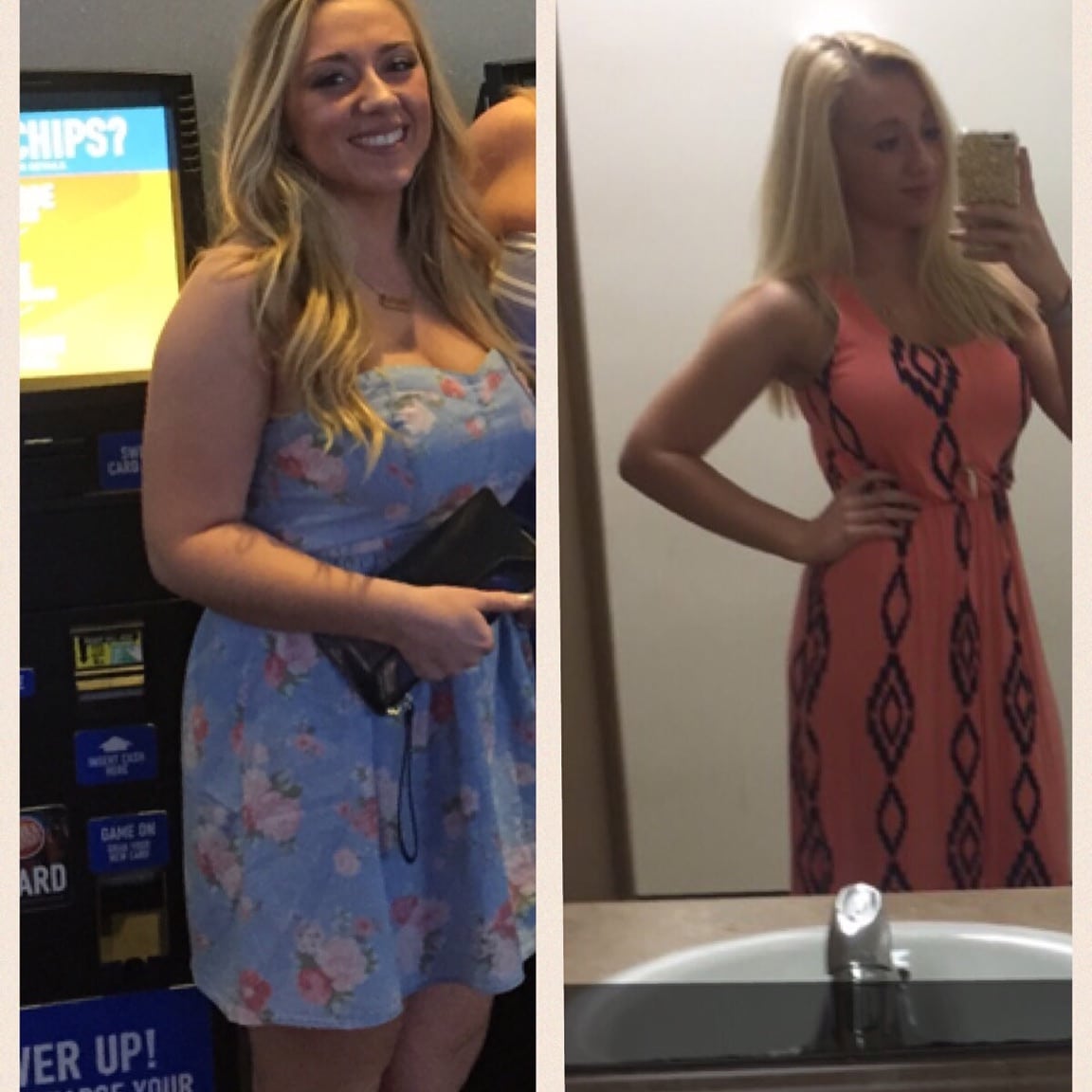
Taboos around women’s reproductive health are hurting this generation
Gabrielle Fanelli, Staff Writer
Image from Istockphoto.com
Editors Note: October is National Breast Cancer Awareness Month, but every day women across the world face numerous other health risks. Our own writer is sharing her story to shed light on the topic of women’s health and to answer those questions that women might not even know to ask.
Women. We are a different gender than men, thus we have a few different issues that men cannot experience.
What does women’s health consist of? MedicalDictionary.com says, “Women’s health is the effect of gender on disease and health that encompasses a broad range of biological and psychosocial issues.”
Throughout history, women’s reproductive health has been treated as a “hush-hush” item. For example, Jewish cultures during the B.C. era required women to be physically separated from men for the duration of their bleeding. “Periods” were not even mentioned in advertisements until 1985. These cultural taboos placed on women’s health are nothing new.
“It is alarming how casually the concerns of women are taken by the medical fraternity. It is costing us our lives. What’s worse, is that there is negligible awareness among women themselves, to be able to identify that something is wrong and take the necessary action. Women quietly suffer and die from diseases that need not be fatal at all, if only their concerns were taken seriously”, says Raeesa Bukhary from docme.com.
Obviously, it’s not the most appealing topic of conversation to discuss your female issues or something odd you have detected with your breast health. The lack of discussion about women’s reproductive health is concerning, because it could be doing more harm than one might consider. This was at one time evident in my own life.
When I was a sophomore at North Greenville University, one simple doctor’s appointment over Christmas break changed my life. I was only there because I was experiencing really bad acne and nothing was working. The doctor (Dr. Robert Bibb) came into the room and asked me a series of questions. The first was, “Do you have a history of ovarian cancer in your family?”
Of course my heart dropped. The C word freaks everyone out.
He continued, “Do you have irregular periods? Have you experienced any major weight gain? Do you have any odd excessive hair growth? Do you have bad vision?”
The questions continued until before you know it I had answered yes to just about every question. He then told me, “ You have Polycystic Ovarian Syndrome.”
I was slightly confused but at the same time a little scared. What does this even mean?
“As many as one in five women suffer from Polycystic Ovary Syndrome”, Bibb said.
The symptoms of PCOS can be anything from insulin resistance, weight gain, acne, hormonal imbalance, excessive hair growth, irregular periods and even infertility. The biggest symptom of this syndrome is cysts on the ovaries.
“Much of its occurrence has been associated to lack of awareness and ignorance among women between the ages of 15 to 30”, said Bibb.
I had never heard of this before. Discussing my irregular periods was not something I ever felt the need to do. I didn’t think anything of it because no one had ever brought it to my attention.
Bibb gave me a low sugar and high protein diet with an exercise schedule. He also prescribed two drugs that would help regulate my monthly cycle with different hormones in the pill and control the acne, insulin levels, and weight gain.
Sophomore year to Junior year after finding out I had PCOS
I get occasional cysts on my ovaries but I can honestly say if it wasn’t for that doctor, I would not have known any of my symptoms were abnormal. I have lost 30 pounds and my symptoms are now under control. Who knew my acne, irregular periods and weight gained was linked to an ovarian disorder.
There are so many different issues young women need to be aware of. From Endometriosis to Ovarian Caner, you are not excluded from these disorders just because you are young.
Professor Thomas Allen, Dean of the Mathematics and Science department at North Greenville University, says, “ Merely 2 percent of ovarian cancers are in women under the age of 20. The bad news is that the symptoms are so general. It can be anything from bloating, abdominal discomfort, or trouble eating.”
Your health is important. Educating yourself as a woman on the issues you could be prone to is necessary to detect any signs or symptoms.
In the Greenville community, there are a few informative classes offered to educate on women’s breast and reproductive health.
On Monday, October 10 from noon to 1 p.m. there is a breast health class taught by John Brian McKinley at the Mauldin Cultural Center
On Friday, October 14 fromnoon to 1 p.m. there is a women’s health forum at Greenville Memorial Hospital where women’s health questions can be answered by Hema Brazell, MD.


